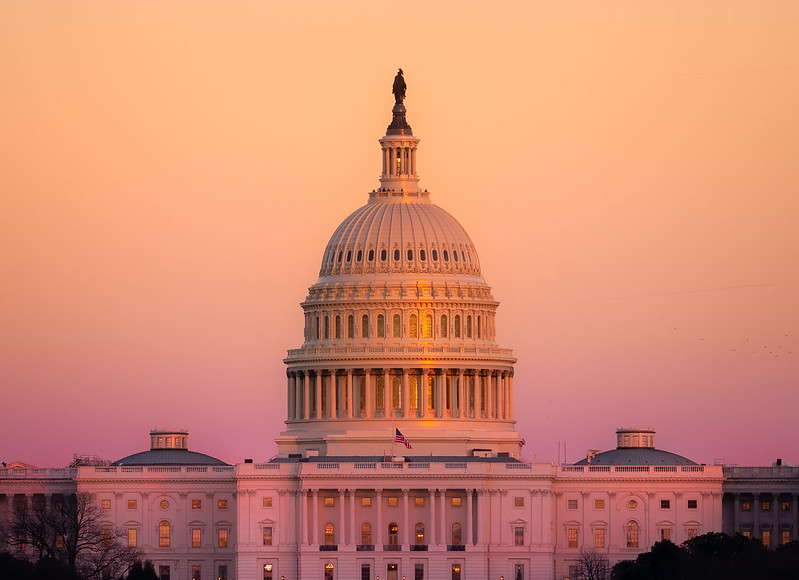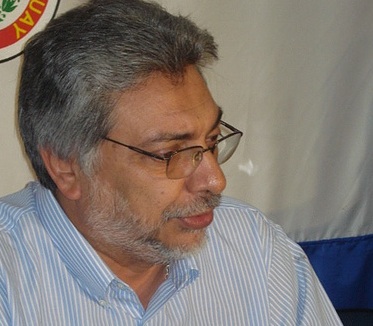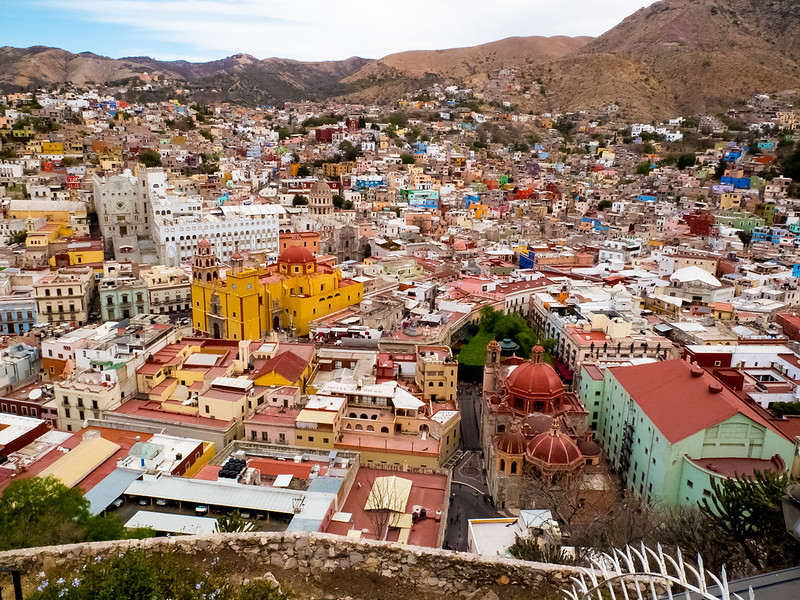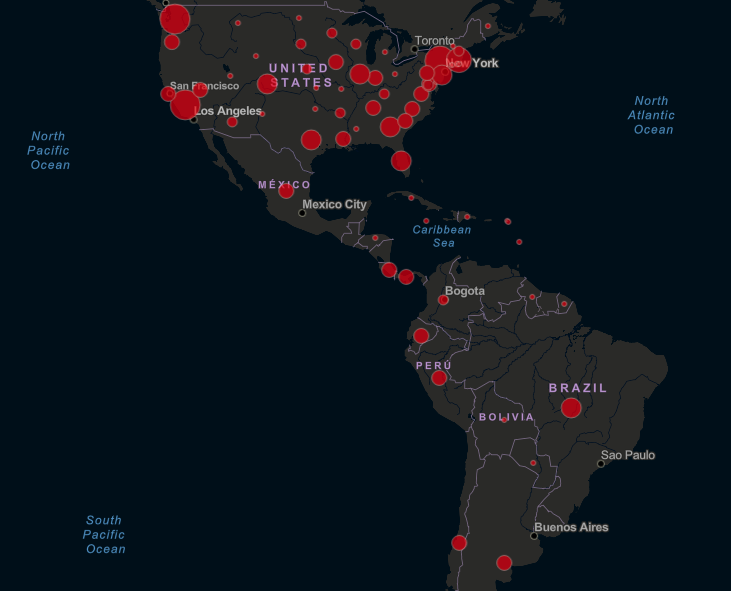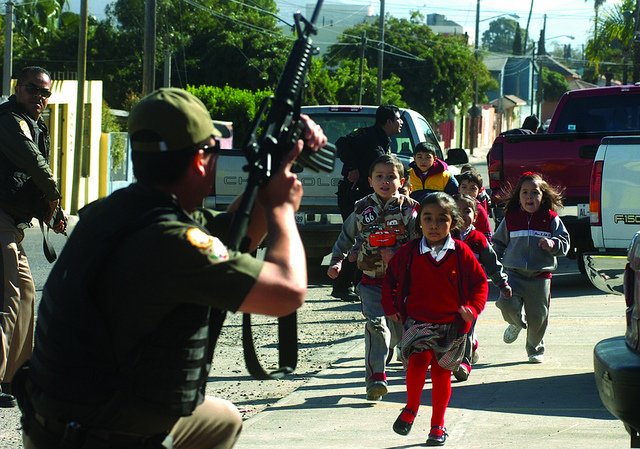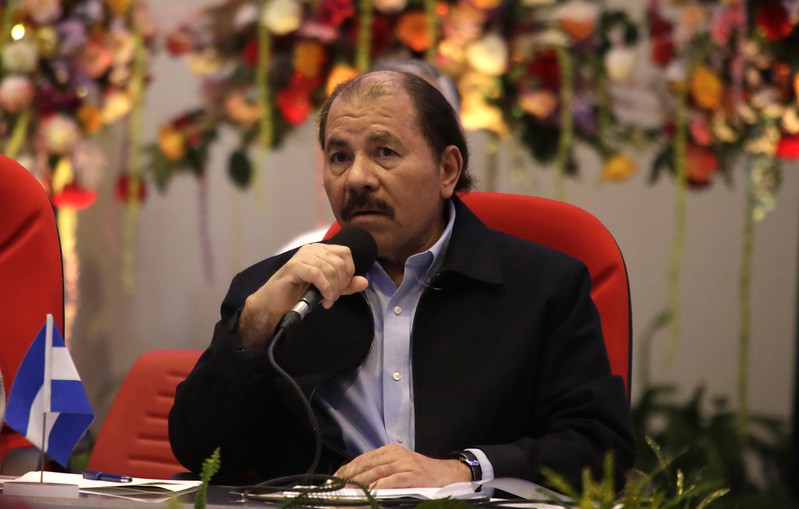
Latin America: Week in Review
Hurricane Eta Hits Nicaragua and Most of Central America
November 3, 2020 By Staff
TODAY IN LATIN AMERICA
REGION: Hurricane Eta escalated to Category 4 on Monday and tripled in strength. Eta is expected to cause heavy rain and flooding in most of Central America, and forecast to gain strength before making landfall in Nicaragua on Tuesday. The strongest parts of the storm will be concentrated in Nicaragua and Honduras, but it is also expected to affect Belize, El Salvador and Haiti. Some parts of the region may receive up to three feet of rain. The Nicaraguan government issued a hurricane warning and has evacuated 1,650 homes in the regions with highest risk, including Bonanza, Rosita and Siuna.
Nicaragua’s navy participated in the efforts by carrying families in open boats to the mainland. Eighty-eight tons of rice, oil, corn and other food have been delivered to northeastern Nicaragua, including flood-prone Rio Coco, home to many Indigenous communities. Honduras announced a red alarm for its five departments that border Nicaragua on the Caribbean Sea: Gracias a Dios, Colón, Atlántida, Bay Islands and Olancho. It is the first time on record that there have been three major hurricane formations during the months of October and November in the Atlantic. Eta is the 28th named storm of the year, tying 2005’s record for the most storms. Meteorologists expect the 2005 record to be broken by the end of this hurricane season. Climate scientists also highlighted the links between global warming and the increasing intensity of hurricanes in the region.
Headlines from the western hemisphere
SOUTHERN CONE
CHILE: Families of the protestors arrested during the “estallido social,” or social explosion, gathered outside prisons on Monday to request their amnesty. The protesters demanded that families of the “political prisoners” be allowed to visit the penitentiaries and the freedom of those imprisoned for nearly a year now. President Sebastián Piñera declared in an interview on Sunday that there were “no political prisoners in Chile.” Chilean authorities have charged 5,084 people for various crimes during the social explosion, of which 648 are in prison awaiting trial and another 725 have been convicted.
PARAGUAY: Former police commander Francisco Alvarenga was remanded into custody by a judge on Monday while investigations of corruption continue. Alvarenga was sent to detention with his wife while his son was given house arrest. The trial, which has been delayed five times, is part of a five-year investigation of Alvarenga’s alleged money laundering and illicit enrichment. According to prosecutors, Alvarenga acquired four properties in 2014 with money impossible to acquire on his salary. His wife also couldn’t explain her income to authorities. Alvarenga has already been sentenced to four years in prison for selling gasoline meant for the institution on the black market.
ANDES
BOLIVIA: The Santa Cruz Youth Union (UJC) announced on Monday that blockades continue to occur across the city. The far-right group has sporadically blockaded 46 different points in the city demanding the government annul the Oct. 18 presidential election of Luis Arce. UJC alleged the election of Arce was riddled with fraud. UJC’s president declared last week he supported the military in putting the country “in order.” The blockades have caused unrest between the protestors and the area’s local inhabitants and businesses, resulting in multiple arrests.
COLOMBIA: Former president and leader of the governing party, Álvaro Uribe, published a draft of a proposed referendum on Sunday to dissolve the transitional justice system. Uribe was released from house arrest at the beginning of October while investigations continued in a case linking him to possible tampering of witnesses that alleged Uribe helped create far-right paramilitary groups. While being investigated by the top court, Uribe made clear his intention to pursue judicial reform and create a court “hierarchy.” The former president’s draft of the referendum calls for judicial reform to consolidate judicial power in one or two courts. It also calls for dissolving or reforming the transitional justice system created from the peace deal with the Revolutionary Armed Forces of Colombia (FARC) guerrillas in 2016. Under his proposed reforms, members of the armed forces who committed crimes would receive more benefits. The referendum also calls for protection of the Amazon rainforest.
CARIBBEAN
DOMINICAN REPUBLIC: The 2020-2021 school year officially started this week in a virtual manner after an opening ceremony led by President Luis Abinader, accompanied by Minister of Education Roberto Fulcar. The government has invested $855 million USD to ensure stable connection to classes and nutrition for students. More than 2 million students, from elementary schools to universities, will be attending virtual classes via internet, television and radio. Fulcar affirmed that the educational plan is aiming to “close social gaps.” He also stated that the country should prepare itself for gradual return to in-person classes when sanitary conditions allow.
CENTRAL AMERICA
EL SALVADOR: Ministry of Labor inspectors temporarily closed two Court of Accounts public fund audit offices last Friday for failing to comply with COVID-19 biosafety measures. The courts supervise more than $500 million USD expenses related to the pandemic. One court is auditing the Ministry of Finance for failing to pay the Fund for the Economic and Social Development. The second court is auditing the $300 vouchers that the government distributed in March at the beginning of the pandemic. The closure comes after the Court of Accounts announced two more audits towards the Ministry of Finance, including the case regarding five months worth of funds indebted to mayors’ offices.
GUATEMALA: Authorities from Totonicapán and 48 local Indigenous organizations asked federal authorities to prioritize investing money from the 2021 federal budget in the development of Indigenous towns. The official document written by the organizations explains how the federal budget excludes Indigenous communities, which has increased poverty and inequality. The organizations quoted statistics that showed members of the Indigenous community are currently suffering from malnutrition, lack of education and poverty, all issues which can be linked back to the lack of funds.
NORTH AMERICA
MEXICO: The Director of External Relations Robert Velasco told journalists that the country does not have a count of migrant kids who have been deported from the United States without their families. According to federal authorities, no child has entered Mexico without their family. The statement came after The New York Times published a story stating that the U.S. government is in fact expelling children out of the country without parental or tutor supervision. Velasco confirmed the country doesn’t have an exact list of the children mentioned by the Times, and he reassured the media that Mexico will continue to investigate the issue.
MEXICO: At least 500 complaints against the Attorney General’s office have been filed for irregularities and internal corruption throughout President Andrés Manuel López Obrador’s presidential term. None of these complaints have been taken to federal court. Out of the 500, 296 were against functionaries and ex-functionaries inside the Institute of Security and State Workers Social Services. The officials are being accused of several crimes including sexual harassment.
UNITED STATES: Voters head to the polls on Tuesday to choose the president for the next four years. Presidential candidates Donald Trump and Joe Biden sought support from Latino voters. President Trump, of the Republican Party, hoped to sway conservative-leaning Latinos, particularly in key states like Florida. Meanwhile, former Vice President Biden, of the Democratic Party, said he would sign an executive order to create a task force to find the parents of the hundreds of minors separated from their families in the U.S.-Mexico border. An estimated 32 million Latinos are eligible to vote in the election, according to Pew Research Center.
< Previous Article
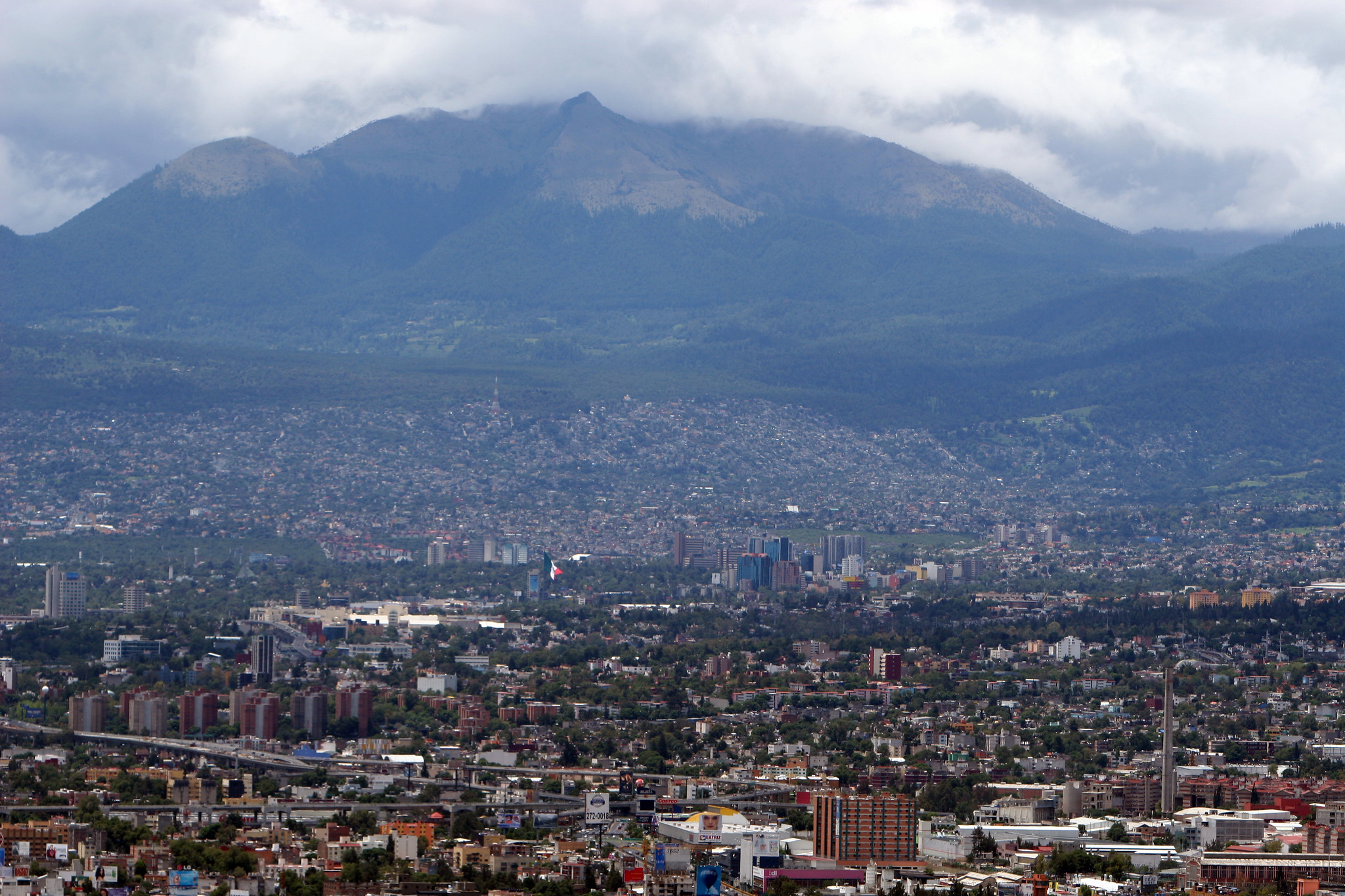
November 2, 2020 > Staff
Mexico Asks U.S. For Extradition of Former Mexico City Official
Next Article >
